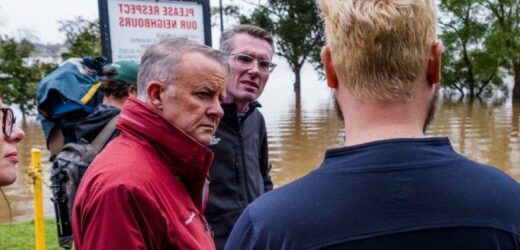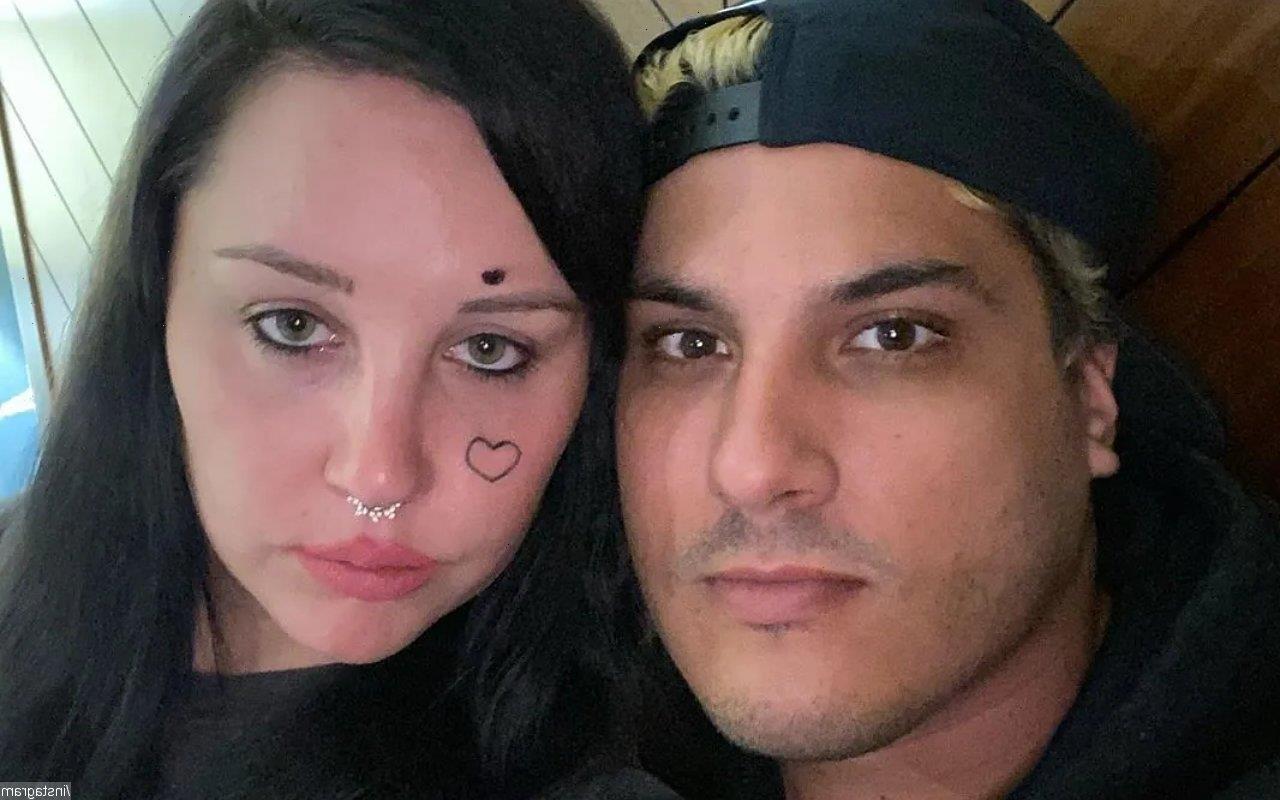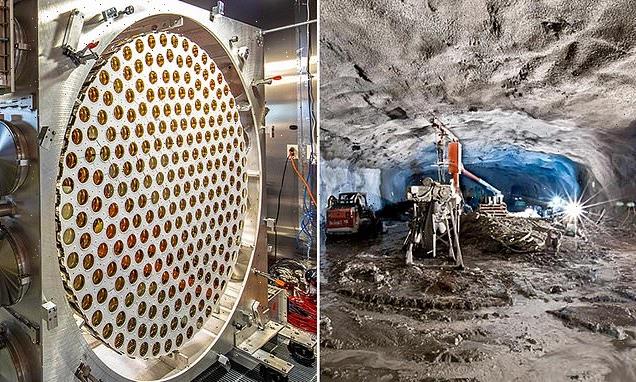At this week’s G7 leaders’ meeting in the Bavarian Alps, the high table was mocking Vladimir Putin’s bare-chested horseback riding. Notorious hard man Boris Johnson quipped, “We have to show them our pecs”. Canadian bad-ass Justin Trudeau giggled, “Yeah, bareback horse-riding.”
It wasn’t the immaturity so much as the sheer banality. (As the Hindenburg of Johnson’s tenure goes down in flames, the commentator cries, “Oh, the banality…“)
The now outgoing British Prime Minister Boris Johnson meets with Australia’s Anthony Albanese at a bilateral meeting amid the NATO leaders’ summit in Spain last week. Credit:Alex Ellinghausen
The common denominator for international leaders’ summits must be lower than we thought. They’d been on the internet sometime since 2009, when the Putin video dropped. Ha ha. LOL. Zzz.
You expect people near the centre of affairs to have some insight, some edge, some goss, but this was nail salon-level small talk. (Overheard: “Russia invaded somewhere? How annoying. How’s your day?” True story, or true-ish.)
Beneath all the surface emptiness lay another, more profound and depressing, emptiness. If being a plus-one at such meetings was Anthony Albanese’s holiday, as some opposition frontbenchers said, the PM needs a new travel agent. He oughtn’t be criticised; he should be pitied.
But the one thing this honeymoon period had in common with an actual honeymoon was that it only involved the easy stuff: agreeing with everyone on everything. Agreeing that Putin is a bad guy. Agreeing that China needs to be confronted (When? Ah, we’ll get back to you on that.) Agreeing on how to look like leaders. Agreeing on climate action. Agreeing that Australia’s new management is a vast improvement on the old.
It was also a necessary part of Albanese’s job, both in substance and for image-making. A query over his pre-poll stature was whether he could carry off the act of “looking prime ministerial”, as opposed to his predecessor, who looked at various times carpenterial, scientisterial, builderial and forklift-driverial, but seldom prime ministerial.
For Albanese, job done. But the bar had not been set very high. He only had to turn up to convince Emmanuel Macron that Australia could now be trusted. An Australian prime minister at a NATO meeting is, while welcome, somewhat less than a projection of authority; more like a netballer’s call for a pass: “Here if you need me.”
The job was necessary but easy, and an extension of the good intentions stated since May 21 without clarifying exactly what Australia’s new government stands for, other than a common decency lacking in the old.
Albanese remained as he had been: likeable but small. He was a small target in the campaign, a small target for the previous years, and even as he moved among the big people he was still a small target, a nett-zero target in fact, or, standing next to Volodymyr Zelensky in Ukraine, not a target at all.
Prime Minister Anthony Albanese with NSW Premier Dominic Perrottet this week at Richmond which was severely affected by flooding. Credit:James Brickwood
Labor wasn’t elected to stay small or to do the easy things. Labor was elected quite specifically to grasp the challenges that have been too hard for the last decade’s worth of governments. Albanese wasn’t elected to give us relief and reassurance that we have a decent and honest man in charge, although that might be a pleasant side benefit; he was elected to win important fights for Australia’s future.
And when the fight comes, as the saying goes, all the planning and preparation will only last until the first punch is thrown.
It is fair for the opposition to ask questions about Albanese’s trip, although the nature of the questions show that there are still some basics that elude their understanding. The shadow treasurer Andrew Peacock, sorry Angus Taylor, in likening the Albanese international mission to Scott Morrison’s holiday in Hawaii, only showed a vision stuck in the rearview mirror and a petty proneness to false equivalences. The opposition’s first blow? Settling scores? (What’s smaller than a small target? A party with 42 seats in the new parliament.)
That said, the latest NSW flood was a timely crisis for Albanese to return home to, because, if nothing else, it was the climate’s reminder – “Yoo-hoo, still here!” – that it didn’t stop changing just because the government did. It’s only done that once, when the drought ended in recognition of the Hawke-Keating election win in 1983.
When you change the government, Paul Keating said in 1996, you change the country; but in 2022 the country had been changing already and continues to change, out ahead of the government’s control. Climate action is the No. 1 challenge the country has set for Albanese and it is the biggest fight he has to start, not so much with the opposition as within the red-green-teal rainbow which converted Labor’s 32.6 percent primary vote into a majority.
Those internal differences made it too hard for Kevin Rudd and Julia Gillard to bed down lasting climate action, and they remain in front of the current prime minister.
Although it’s good to see him handing out quick cash in flood relief and working cohesively with the NSW premier, that’s easy too, another gratifying contrast with the previous incumbent, but it’s not the actual fight, it’s not even the warm-up to the fight.
The incoming government has accumulated plenty of brownie points. It now must spend them on tough stuff – confronting the fossil fuel industry, internal climate sceptics, the full panoply of interests that are going to be angered when Labor begins to enact real change on that front with economic challenges on the other.
The electorate is probably growing impatient for those reforms to get under way. Then we’ll see if the prime minister can keep his shirt on.
The Morning Edition newsletter is our guide to the day’s most important and interesting stories, analysis and insights. Sign up here.
Most Viewed in National
From our partners
Source: Read Full Article




